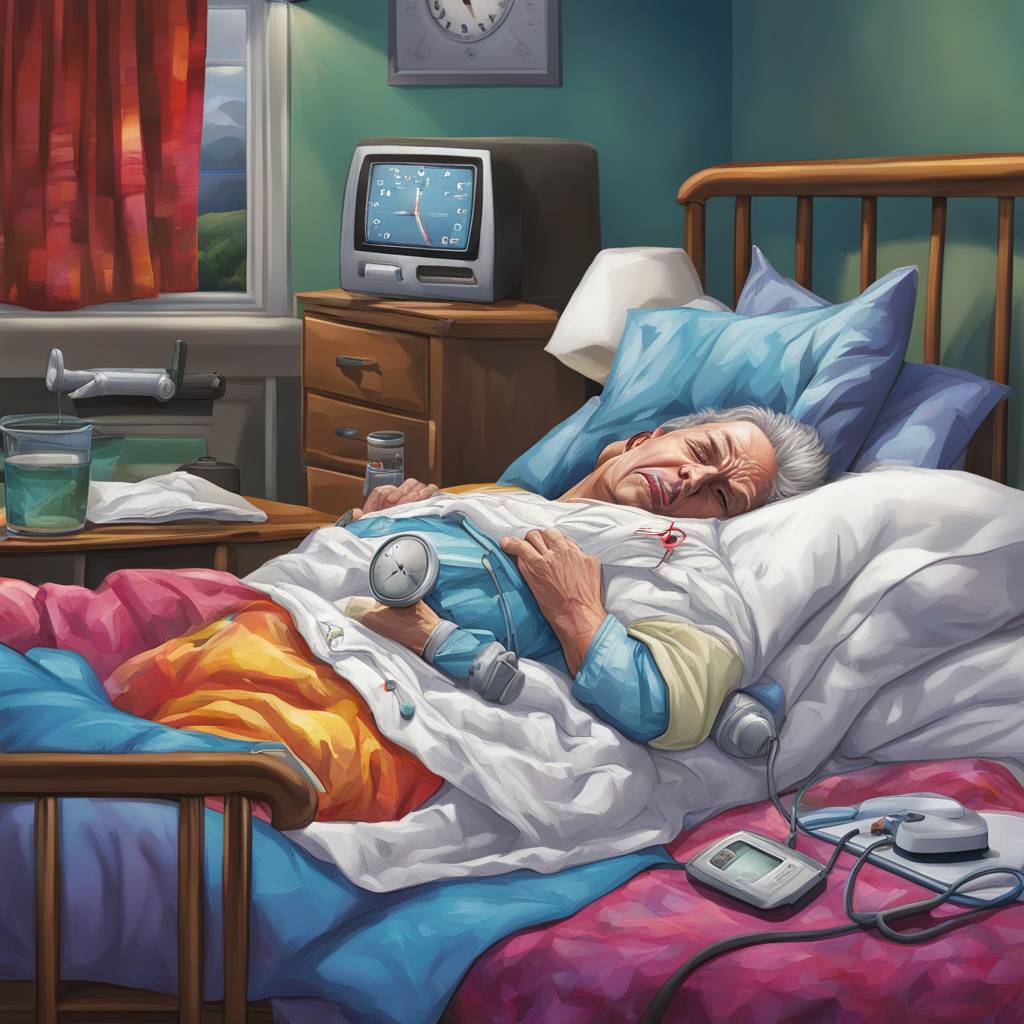A study presented at the American College of Cardiology’s Annual Scientific Session has found that sleeping fewer than seven hours a night is associated with a higher risk of developing high blood pressure over time. This analysis combined data from 16 studies conducted between 2000 and 2023, involving over one million individuals from six countries who did not have a history of hypertension. The results showed that shorter sleep duration was significantly linked to an increased risk of developing high blood pressure, with an even stronger association for those getting less than five hours of sleep.
According to the lead researcher, Dr. Kaveh Hosseini, individuals who sleep less than seven hours per night have a 7% higher risk of developing high blood pressure, which rises to 11% for those getting less than five hours of sleep. This risk is comparable to that associated with diabetes and smoking. While the study did not investigate the reasons behind this relationship, disrupted sleep patterns due to lifestyle habits, comorbid conditions such as sleep disorders, or other factors could be contributing to the increased risk of hypertension.
Surprisingly, there were no age-based differences in the association between sleep duration and high blood pressure, despite sleep patterns typically changing with age. The study participants, who ranged from 35.4 to 60.9 years old with a majority being female, showed a 7% greater risk of developing high blood pressure among females who reported sleeping less than seven hours. This finding suggests that insufficient sleep may pose a higher risk for hypertension in women, although further research is needed to fully understand this difference and its clinical significance.
It is crucial for individuals to discuss their sleep patterns with their healthcare providers, especially if they experience disrupted sleep that could be related to conditions such as obstructive sleep apnea. Sleep apnea has been linked to increased rates of high blood pressure, stroke, and coronary artery disease. The limitations of the study include the reliance on self-reported questionnaires for sleep duration, making it difficult to assess changes in sleep patterns over time, as well as discrepancies in how short sleep duration was defined across the studies.
Dr. Hosseini emphasized the need for further research using more precise methods, such as polysomnography, to evaluate the relationship between sleep duration and high blood pressure more accurately. Standardized definitions of sleep duration in research studies are also necessary to improve the comparability and generalizability of findings across different studies. Overall, the findings suggest that getting seven to eight hours of sleep per night, as recommended by sleep experts, may be beneficial not only for overall health but also for reducing the risk of developing high blood pressure and, subsequently, heart disease and stroke.





